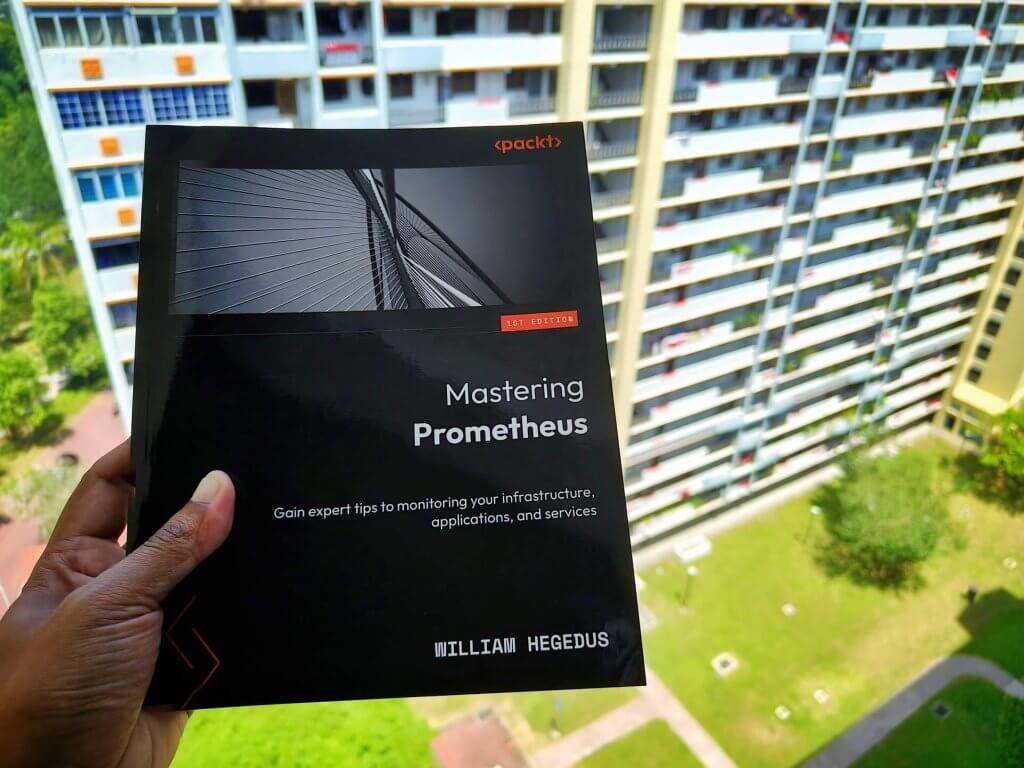
Although I’m not deeply involved in production monitoring setups nowadays, I’ve always been interested in implementing them. In the past, I used to know about production monitoring through official documentation, blogs, and videos. Now, I got a chance to take a closer look at the book Mastering Prometheus, written by William Hegedus, and indeed it is great. This is a well-written guide, full of practical use cases and examples, so a definite addition to anyone interested in monitoring.
It addresses everything from the basics of observability and Prometheus, where clear explanations of monitoring concepts such as metrics, logs, and traces are made in a structured way, to the deployment of Prometheus itself and its associated tools, Alertmanager and Grafana, important building blocks of a solid monitoring stack. As you go further, you will be taken deeper into the details of PromQL, service discovery, and how to alert effectively, so that at the end you will be prepared for everything big or small regarding Prometheus.
Later chapters will walk you through scaling and optimizing Prometheus for high availability by introducing advanced topics such as sharding, federation, and integration with tools like Thanos for global observability. This work is particularly helpful in sections where Prometheus is extended with Jsonnet, monitoring mixins, and integrated with continuous integration pipelines for modern DevOps workflows. It does not stop at Prometheus alone but goes further to show how one can connect it with OpenTelemetry for a broader view of observability.
What impresses me most is how the book balances technical depth with readability. Every chapter is full of actionable advice and well-thought explanations, making this book perfect for those just starting to get to know Prometheus, as well as for those who would like to level up their skills.
I’d like to thank Rohan Dobhal and Packt very much for providing me with a copy of this book. If you’re interested in mastering Prometheus, you really should read this book.
